The Scientific Committee is continuing to work on the Program for the Conference and inviting leading edge, highly-regarded key note speakers.
We are proud to announce the following Keynote Speakers have accepted the invitation to present at the 2020 IPDLN Conference:
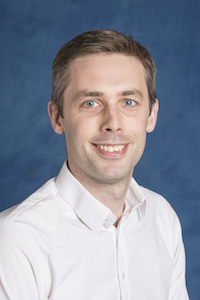
Professor Rob Aldridge is a Wellcome Trust Clinical Research Career Development Fellow at the Institute of Health Informatics. Rob’s research aims to equitably improve the health of the public through the application of data science and public health research. The research group he leads in Public Health Data Science works towards this aim by using complex health data and digital interventions to equitably improve health. The research group consists of clinicians, computer scientists, epidemiologists, engineers, data scientists, anthropologists and public health experts. The group conducts its research in a transdisciplinary manner and co-produces it with policy makers and experts by experience.
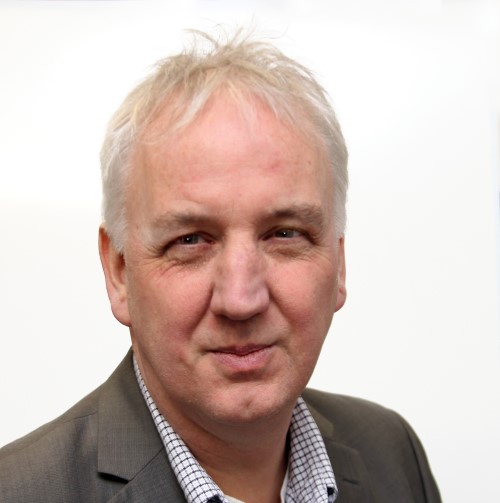
Professor Mark Elliot has worked at University of Manchester since 1996, mainly in the field of confidentiality and privacy. He is one of the key international researchers in the field of Statistical Disclosure and collaborates widely with non-academic partners, particularly with national statistical agencies where he has been a key influence on disclosure control methodology used in censuses and surveys and where the SUDA software that he developed in collaboration with colleagues in Computer Science at Manchester is used. In 2012, he has led the UK Anonymisation Network (www.ukanon.net), which has 600 members and provides advice, consultancy and training on anonymisation.
Aside from Confidentiality, Privacy and Disclosure, his research interests include Data Science Methodology and its application to social science. He is director of the University’s new interdisciplinary MSc in Data Science and the doctoral programme in Data analytics and society.
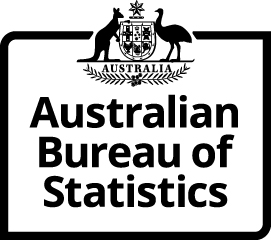
Professor Mark Elliot is being sponsored by The Australian Bureau of Statistics.
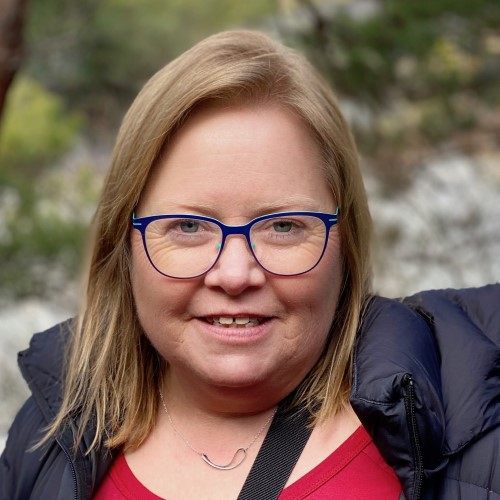
Professor Louisa Jorm is the Foundation Director of the Centre for Big Data Research in Health at the University of New South Wales (UNSW), Sydney, Australia. She has worked in senior leadership roles in both government and academia, giving her unique opportunities for translational research impacts. Professor Jorm is an international leader in health ‘big data’ research and specifically in applying advanced analytic methods to large-scale routinely collected data, including hospital inpatient and medical and pharmaceutical claims data. Her main current research interests are in application of advanced analytics to large scale electronic health data to create real-world evidence about topics including cardiovascular risk prediction, disparities in cardiovascular disease care and outcomes, variation in surgical outcomes and healthcare at end-of-life. She has played a leading role in the establishment of major infrastructure and capacity for ‘big data’ health research in Australia, including the E-Research Institutional Cloud Architecture (ERICA) secure data analysis facility. Professor Jorm has published >160 scientific papers and been awarded >$30 million in research grants. She is a high-profile advocate for more and better use of routinely collected health data for research.
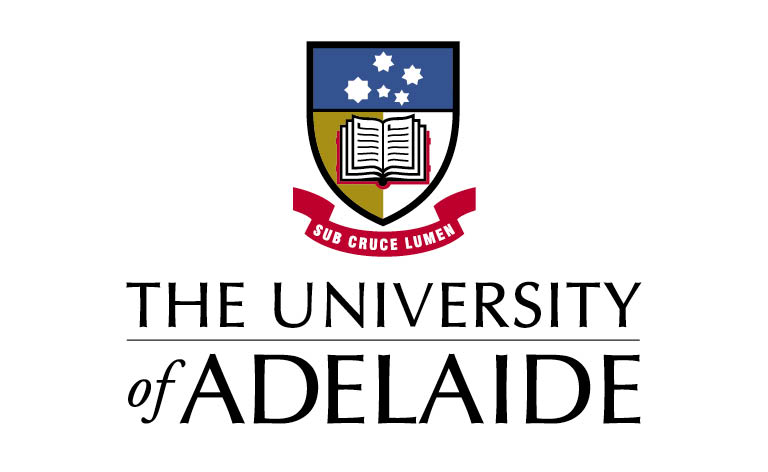
Professor Louisa Jorm is being sponsored by The University of Adelaide.

Dr Odette Pearson, PhD Health Economics and Social Policy, Senior Research Fellow at the Wardliparingga Aboriginal Research Unit within the South Australian Health Medical Research Institute (SAHMRI), with joint appointment with the University of Adelaide. The Wardliparingga Aboriginal Research Unit’s goal is to generate positive, long-term change for Aboriginal families and communities, by forming partnerships with key stakeholders and community groups to achieve the best possible outcomes.
Odette is a Kuku Yalanji/Torres Strait Islander woman with experience and post-doctoral training in Aboriginal health policy, health systems and inequity, and she investigates how institutional policies and practices drive health and social inequities experienced by Indigenous populations. Her novel approach is to make use of community-level information to show and explore the reasons for variations in disadvantage both within the Aboriginal community and between the Aboriginal and non-Aboriginal community. In leading the Wardliparingga Data Team, the Community Data Platform utilises epidemiological monitoring and data sciences to measure health inequalities, and focuses on the use of administrative data to support Aboriginal services and government agencies to better handle and understand existing data sources, and adequately manage and curate data of relevance to Aboriginal health and social outcomes in a culturally appropriate manner.
Please check back regularly for updates on the Program.
